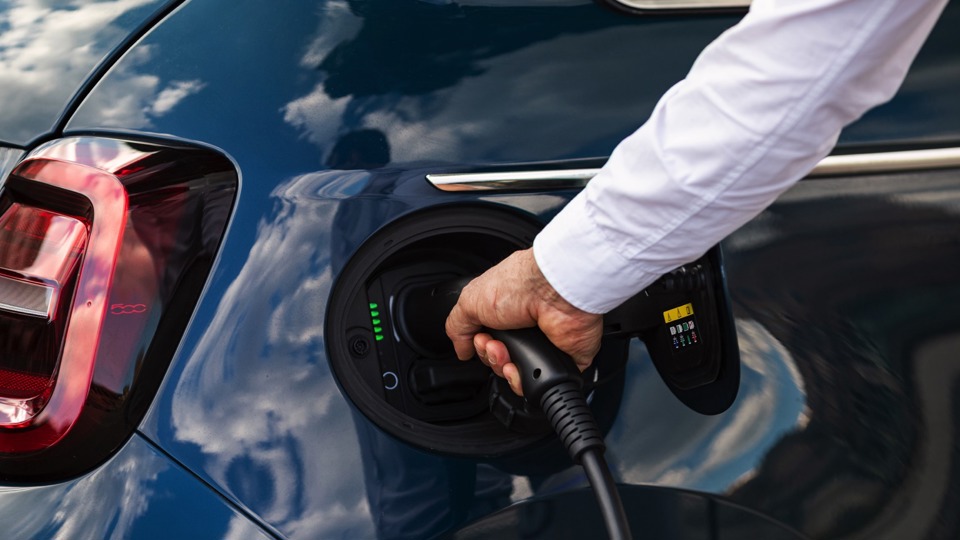Guidance for charge point operators around transparent pricing as well as contactless payments, helplines and open data has been “clarified” by the Department for Transport (DfT).
The charge point rules, which became law in 2023, aim to improve the charging experience for electric vehicle (EV) drivers and electric fleets.
Charge point operators (CPOs) were immediately required to make pricing for charging sessions transparent when the new regulations came into force from November 24, 2023.
The rules stated that the maximum price of a charging session must be displayed clearly in pence per kilowatt hour on the charge point or through a separate device which does not require a person to have entered into a contract with the CPO.
The price also must not increase above the advertised price once charging has started.
The regulations around contactless payments, reliability, open data and helplines come into force a year after those for transparent pricing (November 24, 2024).
All chargers over 8kW (not slow chargers/lamppost chargers) will be required to have contactless payments and an operator must have a 99% reliability rate for its charge points.
All public chargers will also have to provide real-time information on their status for free and have 24/7 helplines.
The updated guidance, published by the DfT, is aimed at helping operators understand the Public Charge Point Regulations 2023, and offers examples of compliance and good practice.
DfT says that the guidance has been “clarified to provide more detail on the pricing transparency, contactless, open data, reliability and helpline requirements”.
In terms of examples of acceptable pricing, DfT says that a CPO must clearly display the price in p/kWh either physically or digitally on the charge point ahead of the charging session commencing, for example, on a forecourt style sign.
The 99% reliability rules contain a provision for exemption from penalties based on “reasonable excuse”.
If a charge point is not available due to routine maintenance or as a result of factors outside of the charge point operator’s control, such as vandalism or severe flooding, DfT says that CPOs may be exempted from the reliability requirement for the affected charge point(s) during this time.






















martinwinlow - 23/10/2024 10:00
All of which is pretty pointless if the help-lines don't have enough staff and considering flooding and vandalism are probably 2 of the main causes for rapid DC chargers to be out of service, it's a bit pathetic that operators will not have to bother fixing them under these (or pretty much any other 'act of God') scenario! Lightening damage?, foxes chewing cables?, wayward livestock getting tangled up in charging cables?, a slug getting into the electrics and shorting them out? - all examples of damaged chargepoints I have repaired over the years and *all* "factors outside of the charge point operator’s control". Honestly! What sort of person writes legislation as useless as this? Besides which, who is going to police the legislation anyway? Clearly no-one in Scotland judging by the number of decrepit and otherwise offline rapid chargers there are up here (on the west coast at east)!